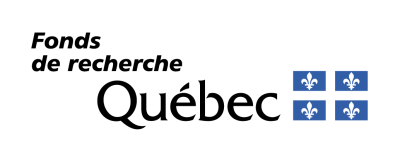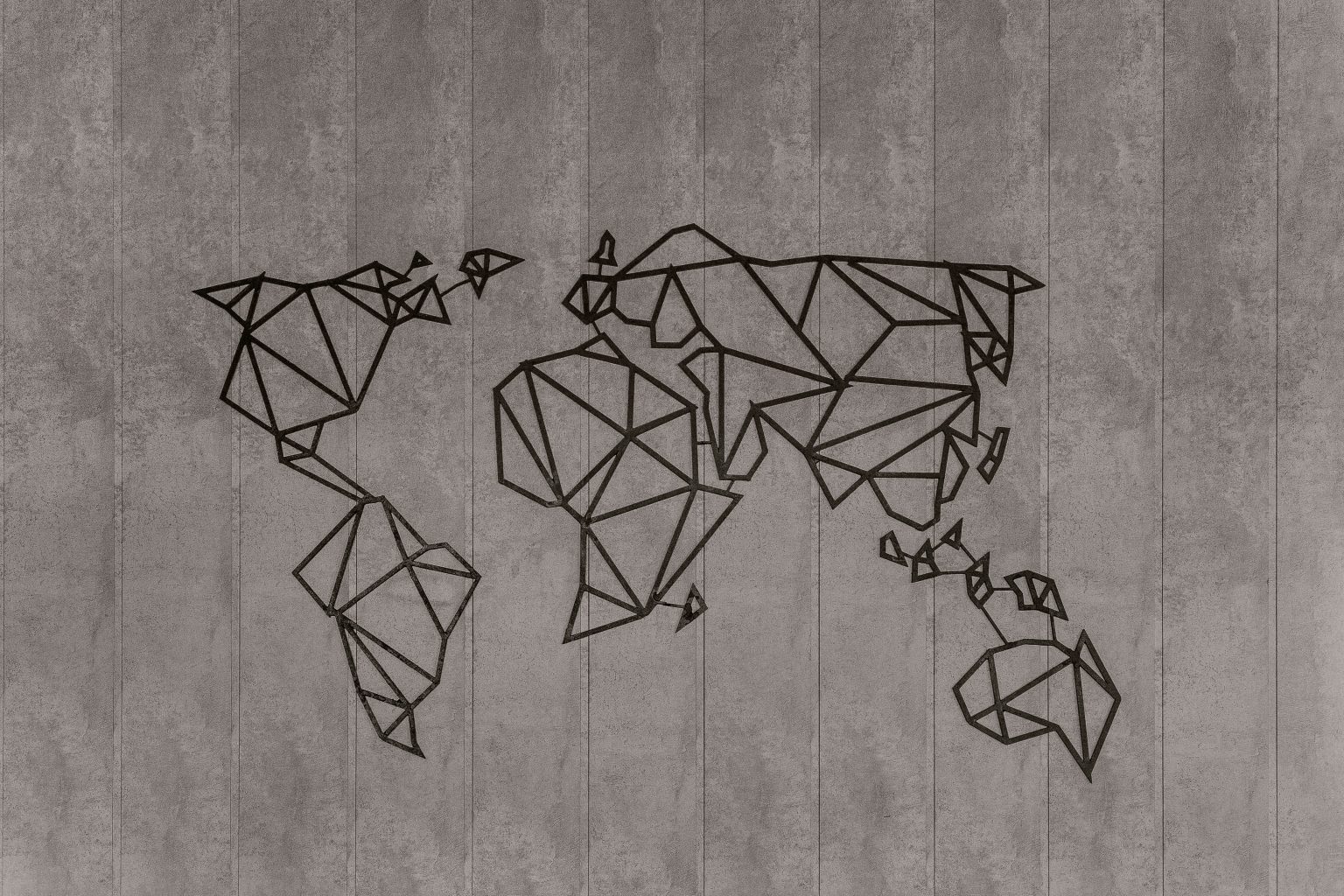The 2025 GYA Sasha Kagansky Interdisciplinary Grant has been awarded to Daniel Schwab (U.S. Department of Energy) and Antonia Morita Iswari Saktiawati (Universitas Gadjah Mada, Indonesia) for their project “Global Science Talent Index (GSTI)”.
Global Science Talent Index (GSTI)
The Global Science Talent Index (GSTI) is a benchmarking initiative designed to evaluate how national systems support early-career researchers through policies, investments, and institutional practices. By integrating standardized metrics (e.g., R&D investment, mobility patterns, and opportunity structures) with researchers’ lived experiences, the GSTI aims to provide an evidence-based, holistic assessment of science system performance. The pilot phase will focus on 5–8 countries, representing diverse geographic and economic contexts, to develop and validate the framework. Ultimately, the GSTI aims to generate actionable insights that foster inclusive, high-performing research systems globally, supporting the Global Young Academy’s (GYA) mission to inform science policy and promote balanced and accessible research environments.
Read more the project and its objectives here.
The 2025 Sasha Kagansky Interdisciplinary Grant is funded by the Fonds de Recherche du Québec.

About the GYA Sasha Kagansky Interdisciplinary Grant
The GYA includes a diverse membership of scientists and scholars, in many disciplines, based in low/middle-income countries and high-income countries. This grant scheme was initiated in 2014, aiming to foster collaboration across the lines that often separate researchers and limit possibilities. The scheme facilitates the development of small-scale, innovative, curiosity-driven, blue-sky, exploratory research pilots or prototypes that unite researchers in low and middle-income countries and high-income countries and cross disciplinary boundaries. The Sasha Kagansky Interdisciplinary Grant, awarded annually, was re-named in 2021 in honor of late GYA member Alexander (Sasha) Kagansky.
Past GYA Interdisciplinary Grant projects
2024/25: Scientific Thinking in Pre-Schoolers: A Regional Challenge
2023/24: An interdisciplinary database of ethics dumping cases
2022/23: Tracking Technology and Mealtime Conversations in Families
2021/22: Young Researchers and the COVID-19 Pandemic
2020/21: The COVID-19 pandemic and art
2019/20: Citizen Science for Reducing Exposure to Urban Air Pollution
2018/19: Can Digital Storytelling be used as a Tool for Countering Language Endangerment?
2017/18: Biochar for food security and sustainable ecosystem services
2016: Ethics in environmental decision-making: From individual acts to global outcomes
2015/16: Connecting epigenetics and natural resources
2014/15: One-dimensional molecular current wires using tailored-to-the-purpose chemistry
